Summaries of books about Physics & Chemistry:
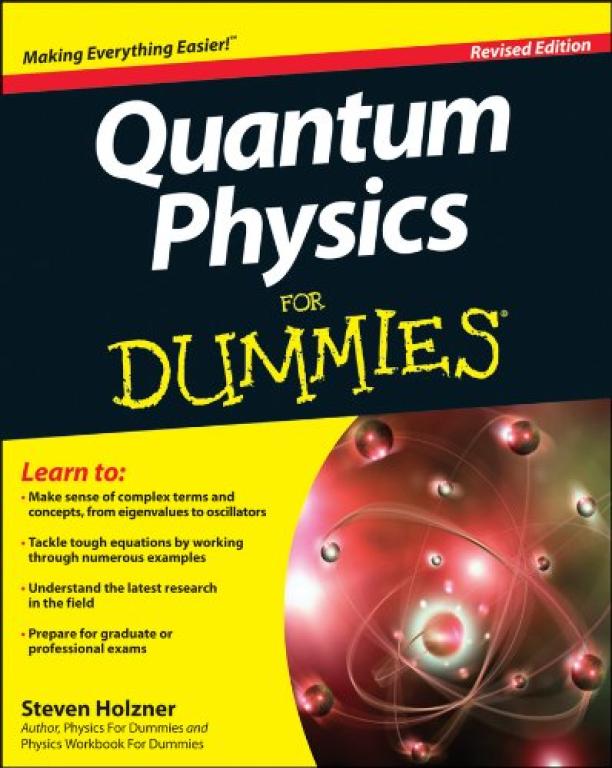
Quantum Physics For Dummies
Steven Holzner
The book simplifies the complex concepts of quantum physics, making them accessible to readers with little background in the subject, covering topics like wave-particle duality, quantum mechanics, and the Schrödinger equation. It provides explanations, examples, and practical applications to help demystify the principles that govern the quantum world.
See full summary
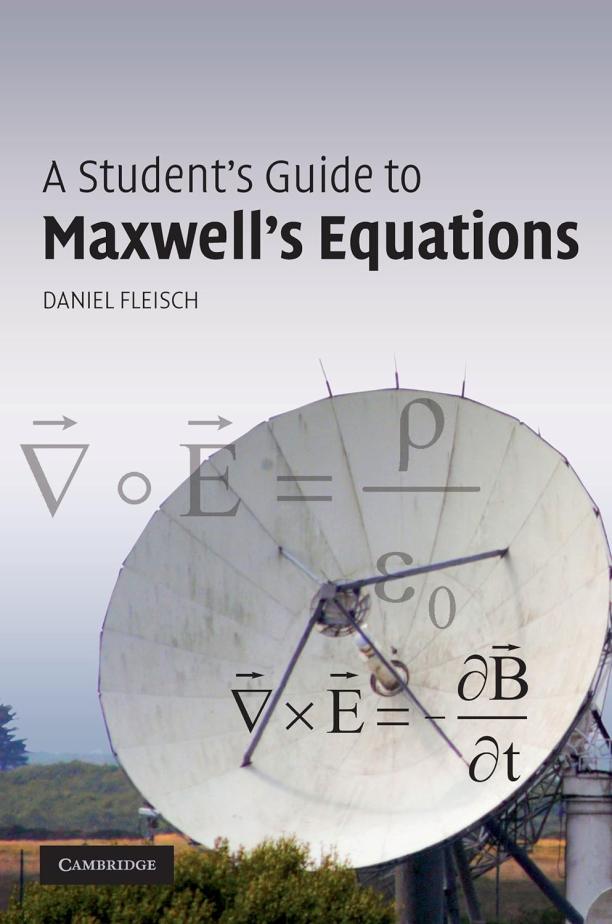
A Student's Guide to Maxwell's Equations
Daniel Fleisch
The book provides a detailed explanation of each of Maxwell's four equations, which are fundamental to understanding electromagnetic fields. It includes a discussion of the physical meaning of the equations, their application to various problems, and the derivation of important related concepts such as electromagnetic waves.
See full summary
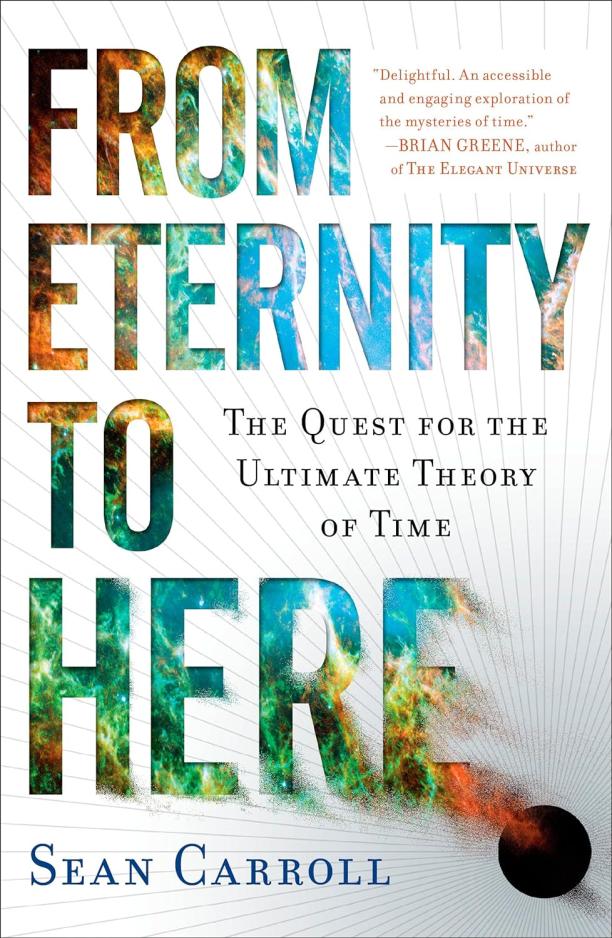
From Eternity to Here
The Quest for the Ultimate Theory of Time
Sean Carroll
The book delves into the nature of time, exploring the origins of the universe, the direction of time's arrow, and the role of entropy in the cosmos. It discusses the quest for a unifying theory that can explain time's properties within the frameworks of quantum mechanics, general relativity, and cosmology.
See full summary

Culinary Reactions
The Everyday Chemistry of Cooking
Simon Quellen Field
The book explores the science behind cooking processes and ingredients, explaining how chemical reactions affect the outcome of recipes. It delves into topics such as the role of acids and bases, the science of taste, and the molecular transformations that occur during heating and mixing.
See full summary
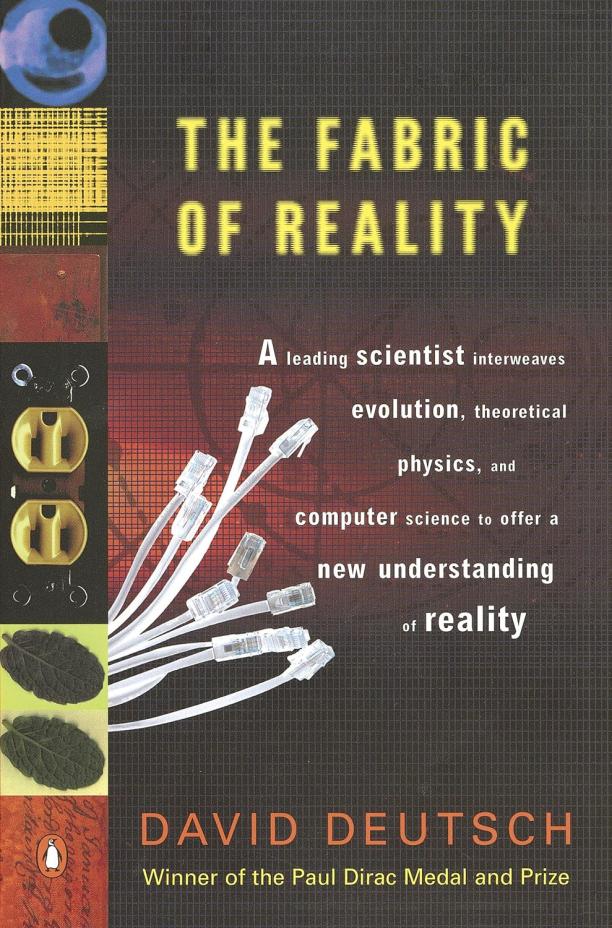
The Fabric of Reality
The Science of Parallel Universes--and Its Implications
David Deutsch
The book explores the concept of a multiverse and the interconnectedness of four main strands of scientific theory: quantum physics, epistemology, the theory of computation, and the theory of evolution. It argues for a deeper understanding of reality through the synthesis of these ideas, suggesting that parallel universes are not just speculative but have real implications for our understanding of the world.
See full summary
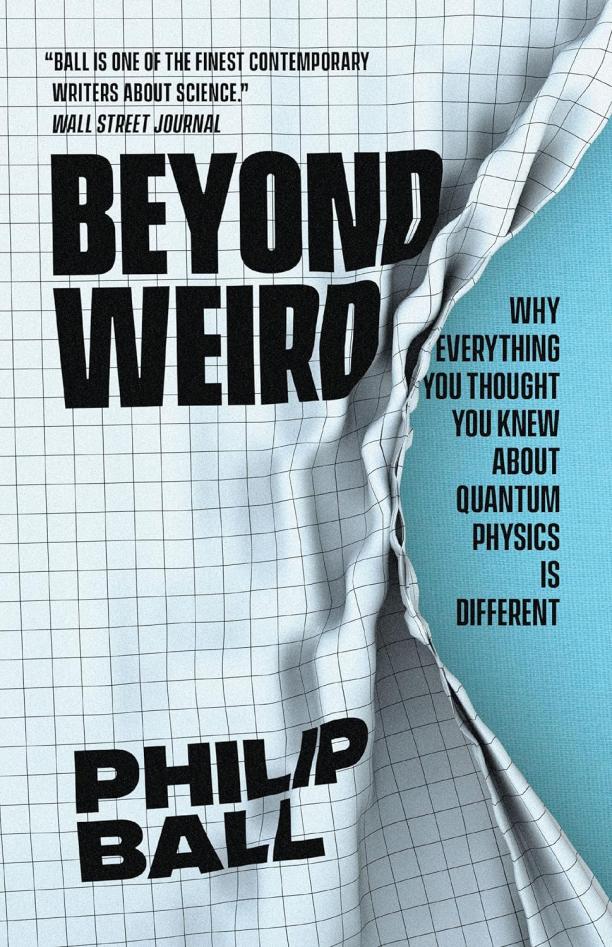
Beyond Weird
Why Everything You Thought You Knew about Quantum Physics Is Different
Philip Ball
The book delves into the counterintuitive nature of quantum physics, challenging common misconceptions and exploring the complex, often misunderstood principles that govern the quantum world. It presents an accessible explanation of quantum phenomena and the philosophical implications of quantum theory, aiming to provide a clearer understanding of what quantum mechanics really tells us about reality.
See full summary

Organic Chemistry
Wade Leroy G|Simek Jan W.
The book provides a comprehensive overview of organic chemistry, covering fundamental concepts such as structure, nomenclature, reactivity, and mechanisms of organic reactions. It also delves into the synthesis and properties of different classes of organic compounds, with an emphasis on problem-solving and real-world applications.
See full summary

Physics
Principles with Applications
Douglas C. Giancoli
The book provides a comprehensive introduction to fundamental physics concepts, covering topics such as mechanics, thermodynamics, electromagnetism, optics, and modern physics. It integrates real-world applications and problem-solving techniques to help students understand the principles of physics and their relevance to everyday life and technology.
See full summary
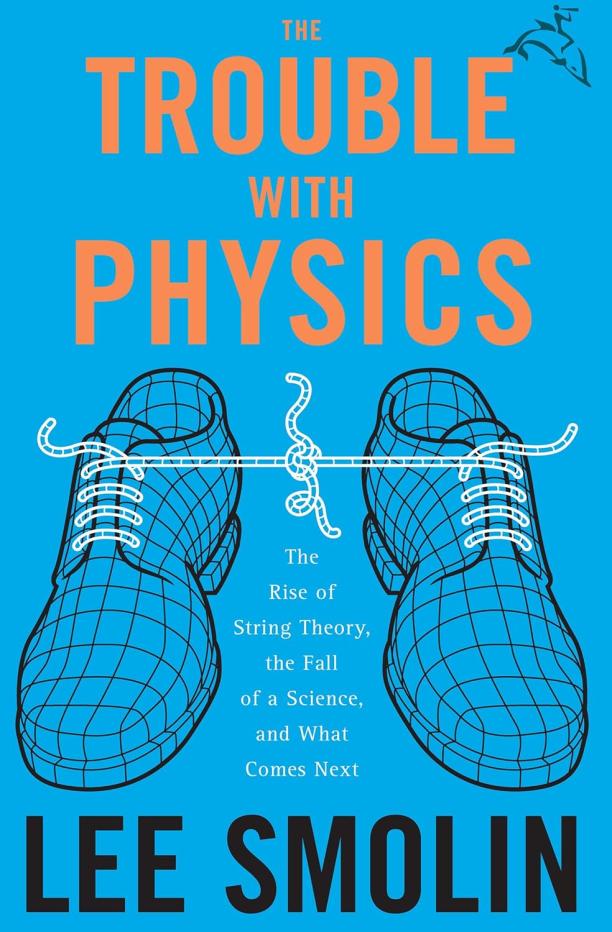
The Trouble with Physics
The Rise of String Theory, the Fall of a Science, and What Comes Next
Lee Smolin
The book critically examines the dominance of string theory in theoretical physics, arguing that it has stifled innovation and failed to deliver on its promises of a unified theory of everything. It also explores alternative approaches and the need for a scientific culture that embraces diverse ideas and rigorous testing.
See full summary
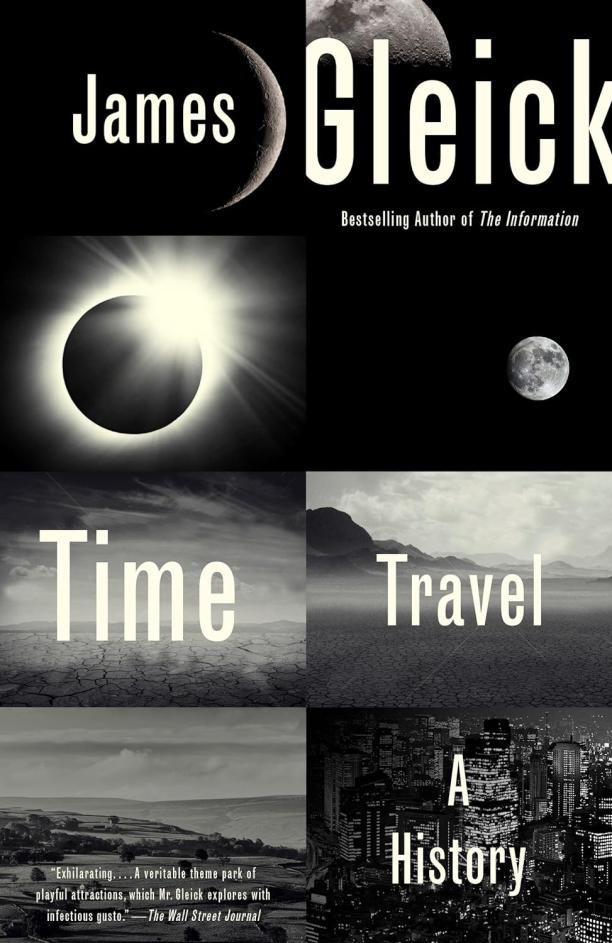
Time Travel
A History
James Gleick
The book explores the concept of time travel as it has appeared in literature, science, and popular culture, tracing its evolution from ancient myths to modern science fiction. It delves into the scientific theories surrounding time, the philosophical implications of time travel, and its treatment by such authors as H.G. Wells, Jorge Luis Borges, and Isaac Asimov.
See full summary